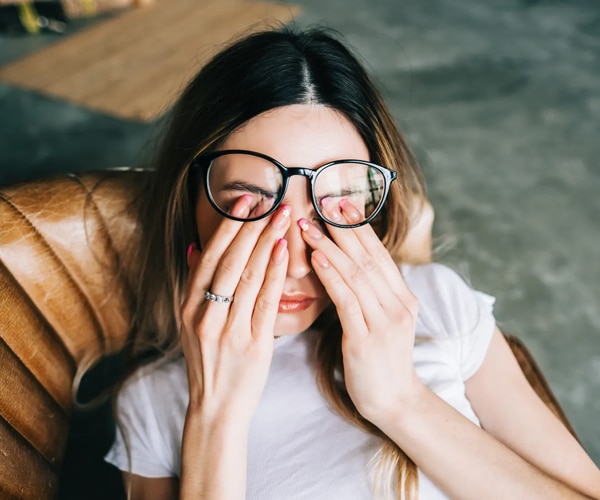
Seasonal allergies, also known as allergic rhinitis, are a common medical condition that occurs when the body's immune system reacts to external substances in the environment during specific times of the year when plants and trees release pollen. These allergies can have a significant impact on millions of individuals annually, particularly affecting their eyesight. Seasonal eye allergies, known as allergic conjunctivitis, cause symptoms such as itching, watering, and redness of the eyes. Various allergens can trigger itchy and red eyes, including dust, pollen, and smoke. However, the specific allergens that affect each person can vary. For instance, while dust may cause itchy eyes for one person, it may not have the same effect on another person due to differences in their immune system and how it reacts to these substances.
When the eyes perceive a substance as harmful, a chemical reaction occurs to combat the allergen, resulting in itchiness, redness, and soreness. These reactions often occur during seasonal transitions, particularly in the spring when plants and trees release pollen, and in the fall when ragweed plants pollinate.
Seasonal Allergies & Eye Effects
- Teary eyes: Teary eyes occur when the eyes detect harmful substances like dust, smoke, or pollens. This triggers a natural defense mechanism where water is released to cleanse the eyes.
- Swollen eyes: Swollen eyes are often caused by dryness, particularly during winter seasons. It is not necessarily due to allergens like dust or pollen, but rather extreme cold or snow. This dryness can result in soreness and redness.
- Itchy eyes: Airborne allergens can enter the eyes at any time, leading to irritation and the urge to scratch. This scratching is an attempt to alleviate the discomfort caused by the allergens.
- Red eyes: Redness of the eyes is commonly accompanied by other symptoms such as itchiness and swelling. Allergies can cause the capillaries inside the eyes to become red, contributing to the overall redness.

